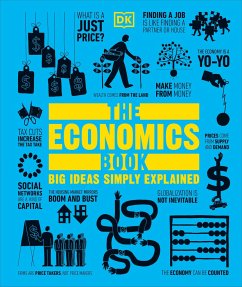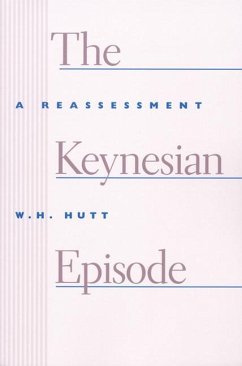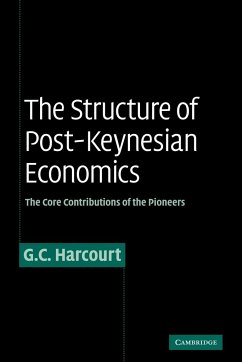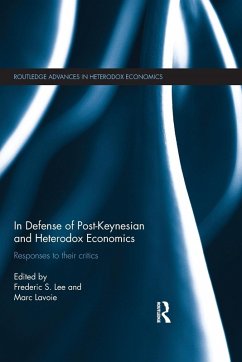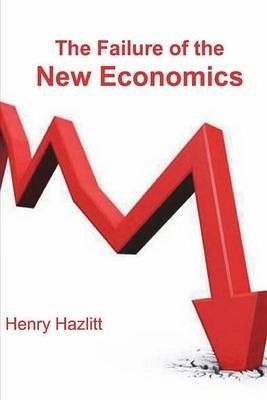
The Failure of the New Economics
Versandkostenfrei!
Versandfertig in über 4 Wochen
16,99 €
inkl. MwSt.
Weitere Ausgaben:

PAYBACK Punkte
8 °P sammeln!
Henry Hazlitt did the seemingly impossible, something that was and is a magnificent service to all people everywhere. He wrote a line-by-line commentary and refutation of what he considered to be one of the most destructive, fallacious, and convoluted books of the century. The target here is John Maynard Keynes's "General Theory," the book that appeared in 1936 and swept all before it. In economic science, Keynes changed everything. He supposedly demonstrated that prices don't work, that private investment is unstable, that sound money is intolerable, and that government was needed to shore up...
Henry Hazlitt did the seemingly impossible, something that was and is a magnificent service to all people everywhere. He wrote a line-by-line commentary and refutation of what he considered to be one of the most destructive, fallacious, and convoluted books of the century. The target here is John Maynard Keynes's "General Theory," the book that appeared in 1936 and swept all before it. In economic science, Keynes changed everything. He supposedly demonstrated that prices don't work, that private investment is unstable, that sound money is intolerable, and that government was needed to shore up the system and save it. It was simply astonishing how economists the world over put up with this, but it happened. He converted a whole generation in the late period of the Great Depression. By the 1950s, almost everyone was Keynesian. But Hazlitt, the nation's economics teacher, would have none of it. And he did the hard work of actually going through the book to evaluate its logic according to sound conservative and libertarian logical reasoning. The result: a nearly 500-page masterpiece of exposition. With this book The Failure of the New Economics we have a perfect analysis of Keynesian economics that "destroys the whole Keynesian theory".




